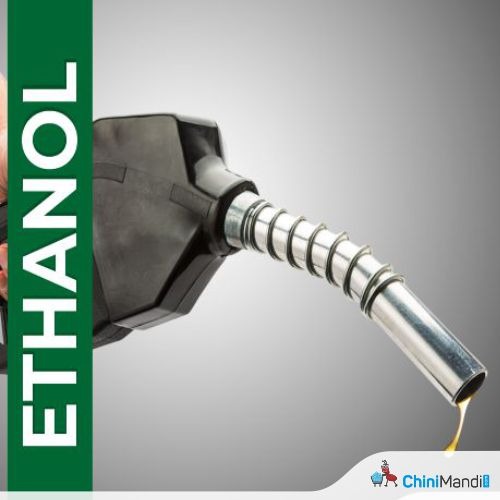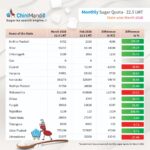Swiss marine power company WinGD is set to launch its first ethanol-fueled two-stroke marine engine next year, with deliveries for both newbuilds and retrofit applications beginning in 2027. This move follows over a decade of research into ethanol as a marine fuel, including full-scale engine tests conducted in 2018. It also builds on the success of the company’s methanol-fueled engine, which uses the same combustion concept and complies with the same safety standards as the forthcoming ethanol engine.
The new ethanol engine will be based on WinGD’s X‑DF-M methanol-fueled engine, which has received positive feedback from initial users and approval from class societies. The engine will feature the diesel-cycle design currently offered across all bore sizes by WinGD, but with modifications to the control system and fuel injector nozzle configuration. These changes will accommodate the higher energy density of ethanol and the reduced fuel volumes it requires.
WinGD’s interest in ethanol fuel dates back to 2014, when the company began researching it under a project funded by the Swiss Federal Office of Energy. The company later took the lead in developing a flexible injector for alcohol fuels as part of the EU-funded HERCULES 2 project starting in 2016. As ethanol can be sustainably produced from biomass and is competitively priced in certain markets, it has become an attractive fuel option.
Sebastian Hensel, Vice President of Research and Development at WinGD, emphasized the importance of the company’s long-standing research program in advancing both the ethanol and methanol engines. “Our initial ethanol investigations played a key role in the successful development of our X-DF-M methanol engine, and now both are driving the rapid commercialization of the first ethanol-fueled two-stroke engine,” Hensel said. He also noted that the engine would provide ship owners and operators with a lower-carbon alternative as global emission regulations take effect.
WinGD is currently in talks with ship owners, ethanol fuel suppliers, and class societies to explore the first commercial applications of its ethanol engine. It will announce at a later date whether the engine will be specifically optimized for ethanol or retain its dual-fuel capability with secondary ethanol functionality. Recently, WinGD also became a founding member of the Global Ethanol Association, a move aimed at fostering collaboration within the ethanol supply chain.
Hensel concluded, “With our extensive experience and strong commitment to ethanol as a marine fuel, ship owners can trust that we will deliver an engine design offering the same high performance, efficiency, and reliability as WinGD’s existing dual-fuel engines.”

















